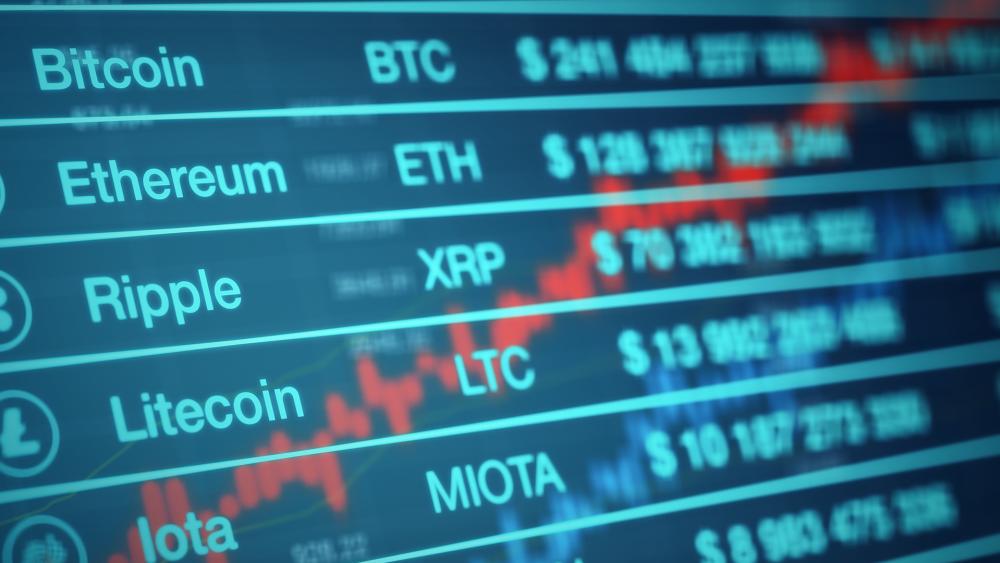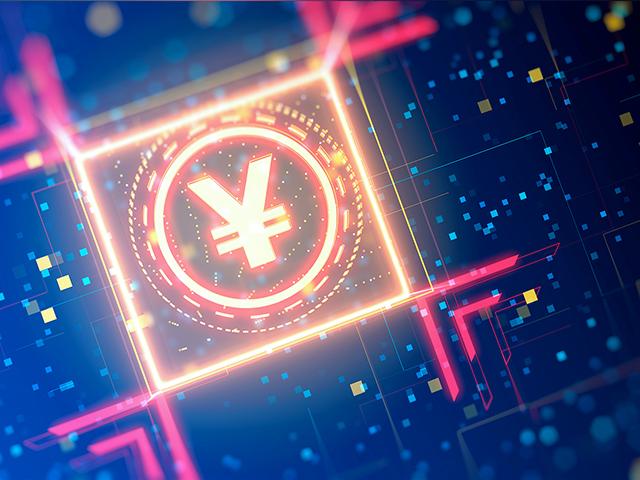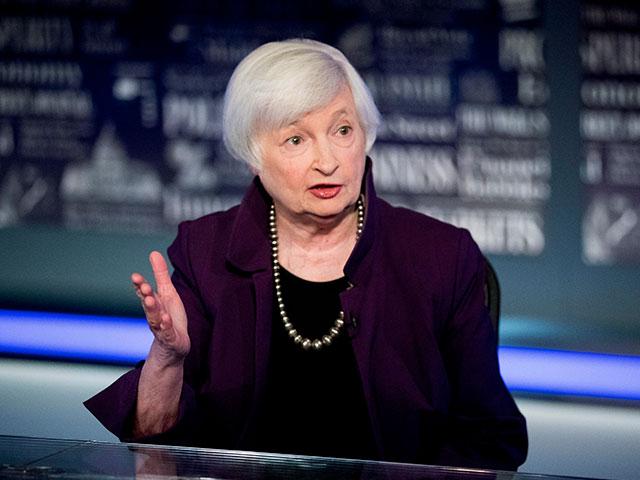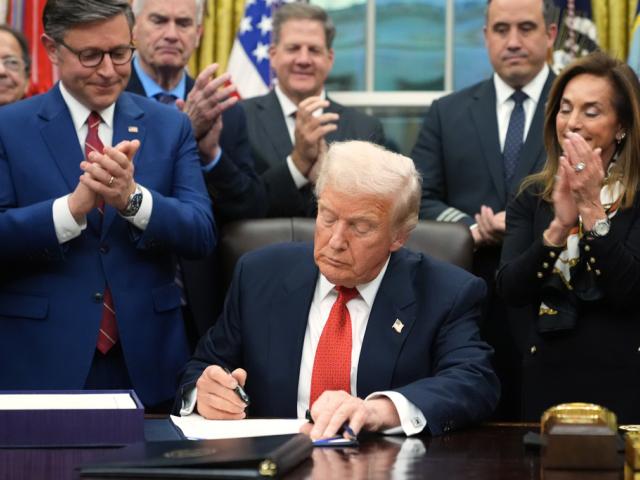ABOVE: CBN News Financial Editor Drew Parkhill appeared on the Thursday edition of CBN's Newswatch to talk more about digital currency and how the U.S. is moving in that direction. Newswatch is seen weekdays on the CBN News Channel.
India plans to launch government-backed digital money with a digital version of its currency, the rupee.
In making the announcement last week, the country's Finance Minister Nirmala Sitharaman said the move would strengthen the country's online economy.
Sitharaman said, "Introduction of a central bank digital currency, will give a big boost to digital economy. Digital currency will also lead to a more efficient and cheaper currency management system. It is therefore proposed to introduce digital rupee using blockchain and other technologies to be issued by the Reserve Bank of India starting 2022 and 23."
Details of the government's plan still have to be worked out even though officials hope to launch a test program within a couple of months.
India's digital currency would likely rank as one of the most notable in the world, along with China's.
***Please sign up for CBN Newsletters and download the CBN News app to ensure you keep receiving the latest news from a distinctly Christian perspective.***
Appearing on Thursday's CBN Newswatch program, CBN News Financial Editor Drew Parkhill explained India's digital currency would be a central bank digital currency.
"In other words, it would be an online version of the money you spend," Parkhill said. "Instead of paper, instead of coins, it would all be online. It would be the official government currency, but the online version of it."
"The idea in some quarters is that, down the road, all transactions are going to be online. All transactions are going to be digital," he explained. "And then paper money would then ultimately go away and central bank digital currency would be a step towards that."
Parkhill also noted there are privacy concerns about the Indian digital currency program.
"The details are not clear. So what about privacy?" he asked. "Can the government track everything you do online if it's a purely digital currency? Who's going to be able to watch all of this? Will it be businesses? Will it be banks? Will it be the government? How much privacy will you have? So this is a big concern. It's not only in India, China of course is moving in this direction and there are concerns about that there as well."
As CBN News has reported, because it is largely untraceable, physical currency has been called the "last bastion of privacy" in China, and that's likely to be one reason the Chinese government would like to get rid of it altogether.
The People's Republic's digital currency will be issued by the government bank.
But U.S. Rep. Michael McCaul (R-TX), the top Republican on the House Foreign Affairs Committee, said it will give the Chinese government unprecedented access to people's financial transactions.
"This will give them data on behavior and on how people spend," McCaul told CBN News.
And it gives Beijing the power to track that spending in real-time.
"There will be a point where the People's Bank of China, the central bank of their country, is going to be able to look, peer inside of every single transaction, what everyone does, 24 hours a day, 7 days a week," warned Erik Bethel, former U.S. executive director of the World Bank.
This means if you are a human rights activist or a Christian, authorities can use this new technology to punish you if you engage in activities they consider anti-government.
"They got a camera everywhere, social credit system and if they get their money digitized, where there's no physical currency anymore, they will be able to track every transaction that's made with Chinese currency and they can shut you off, just shut you off if they decide they don't like who you are or what your faith is," said Sam Brownback, former U.S. Ambassador for International Religious Freedom.
"This technological ability is something the government has never had before. It always had to go to companies and say 'ok, cut off this person,'" Yaya Fanusie, a former economic and counterterrorism analyst in the CIA, explained to CBN News. "Now, the Chinese government, I think, with sort of the proverbial flip of the switch, can make people fall in line by cutting off their access to money."
Eventually, the U.S. and other foreign companies doing business in China will be required to use the government's new digital currency payment system. Beijing's ambition is to eventually supplant the American Dollar's global dominance with the digital Yuan.
Based on its history, some in the U.S. like U.S. Rep. Mike Waltz (R-FL) believes China is only too happy to share the technology with other rogue regimes that seek to enhance their own surveillance capabilities over their citizens.
"So that those other countries in Africa, the Middle East and elsewhere, can dominate their people in line with the Chinese version of government, but then that data comes back to Beijing so that they will literally, through facial recognition and voice recognition, be able to monitor the globe," said Waltz.
As CBN News previously reported, U.S. Treasury Secretary Janet Yellen has indicated the Biden administration is interested in doing more research into creating a digital dollar.
But other experts are warning there are other reasons not to use digital currency – surveillance. Thought you could be spied on using your credit card? With certain types of digital money – the bank, even the government – would know every purchase you make.
Did you know?
God is everywhere—even in the news. That’s why we view every news story through the lens of faith. We are committed to delivering quality independent Christian journalism you can trust. But it takes a lot of hard work, time, and money to do what we do. Help us continue to be a voice for truth in the media by supporting CBN News for as little as $1.












 Support CBN News
Support CBN News









